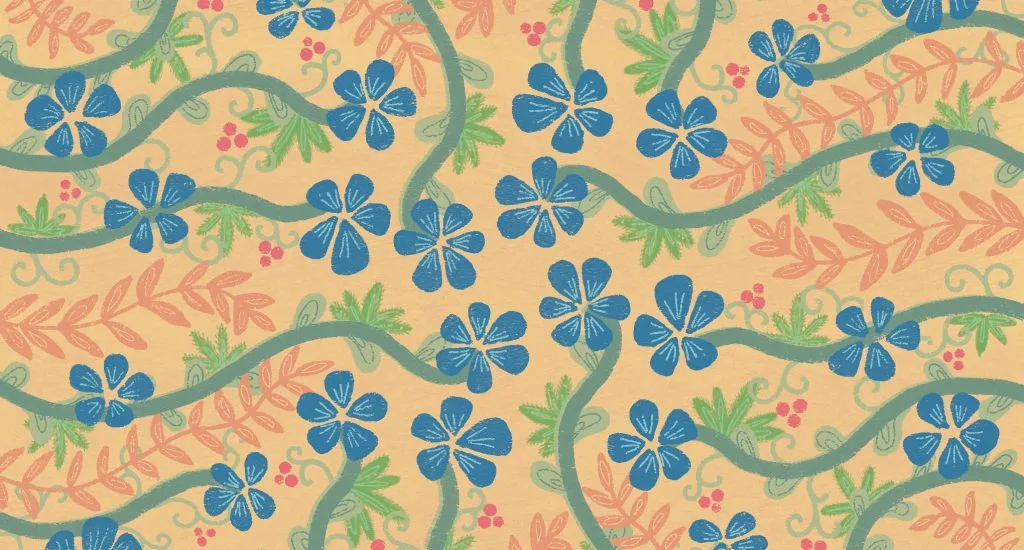
Considering history and current prison statistics in America, the country sets minorities up for systemic failure in association with drugs deriving from herbal plants.
Plants like cannabis, coca and psilocybin have existed for thousands of years, originating from South America and Mesoamerica. Each plant has its own unique origin stories and propagation during the development of societies throughout history.
The world’s perception of these plants has taken such a sharp turn. Today, cocaine is considered a Class A drug, and cannabis a Class C.
Coca and cannabis have been known to have components used for medicinal purposes, some areas of the world still using them for their original intents, including relieving symptoms of indigestion, general sickness and altitude sickness.
Like coca, relationships between humans and cannabis have existed for centuries. In 2800 B.C., it was mostly present in Central Asia and was known to provide fibers for resources including rope and nets, food and seeds for oil. China specifically introduced some of the earliest records of using cannabis for medicinal purposes.
The early 1900s saw a rise in research for the benefits these now-illegal drugs could provide to people. The late 19th and early 20th centuries were considered the golden age for cannabis in Western medicine. In-depth testing showed positive results in the use of cannabis to help relieve chronic pain, inflammatory bowel diseases and even help delay the progression of Alzheimer’s disease.
After the Mexican Revolution of 1910, the number of Mexican immigrants began to increase, and America was introduced to the recreational use of marijuana. It did not take long for the drug to become associated with these immigrants, along with the fear and propaganda against them. The Great Depression also linked “racially inferior” people and underclass communities to acts of violence and crime from use of marijuana.
Throughout the 20th century, America faced a series of legal restrictions against cannabis and coca. Such restrictions include the Marijuana Tax Act in 1937, the removal of cannabis from the American pharmacopeia and the 1961 United Nations Single Convention on Narcotic Drugs that placed cannabis under the strictest control (Schedule IV) alongside heroin.
However, when white upper-middle class citizens began to take an interest in marijuana during the 1960s, their attitude towards the fearful drug began to change. It was a key icon during the Hippie Movement.
Today, cannabis legalization is on the rise across the nation, with 38 states legalizing the medical use of cannabis products, and 20 states legalizing recreational use. And yet, those still incarcerated on drug charges from over two decades ago or have felonies on their record face no alleviation.
Latino and Black Americans have been disproportionately imprisoned in comparison to their white counterparts for marijuana charges over the last 50 years. This leads to direct impacts on their access to employment, housing and education. Minorities are left to survive against their circumstances and forced to beat stereotypes.
Thousands of Black Americans have been incarcerated or have had their lives destroyed by addiction since the ‘80s during the “crack epidemic.” This brought fear to Americans from stories of “crack babies” and “crackheads.” Instead of responding with public health and community support, America offered police brutality and state prisons.
Stereotypes and systemic racism still have effects on minorities in American society today. The war on drugs has failed tremendously. It has contributed to mass incarceration of minorities across the nation. Political figures like former President Donald Trump have promoted stereotypes of Latino immigrants bringing in “drugs and rapists,” encouraging prejudice against them.
Today people are exploiting drugs more now than ever and incarcerating minorities. It is evident there is overrepresentation in the criminal justice system, with Black Americans being 3.6 times more likely to be arrested on marijuana charges than white Americans despite similar rates of use. The obsession with stripping away their freedom has only changed in the form of how it is done.
Although it is unlikely systemic racism and racial disparity can ever be fixed, it has inspired movements to push for the end to the war on drugs.
When considering legalization bills for cannabis, state legislatures should include proposals that help people with marijuana charges expunge their records, as well as eliminate certain barriers minorities in America experience when seeking the same opportunities as their fellow white peers.
Featured Illustration by Allie Garza

